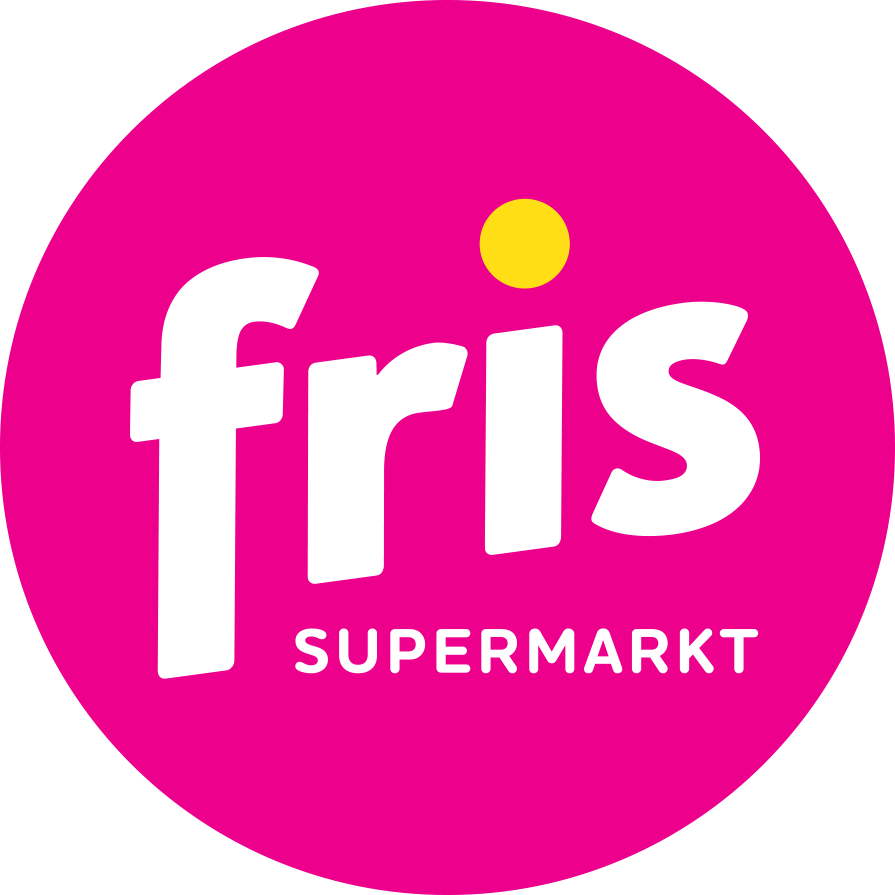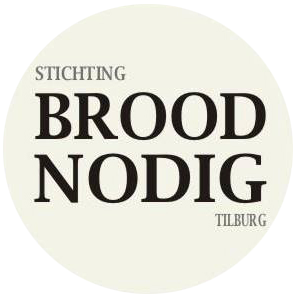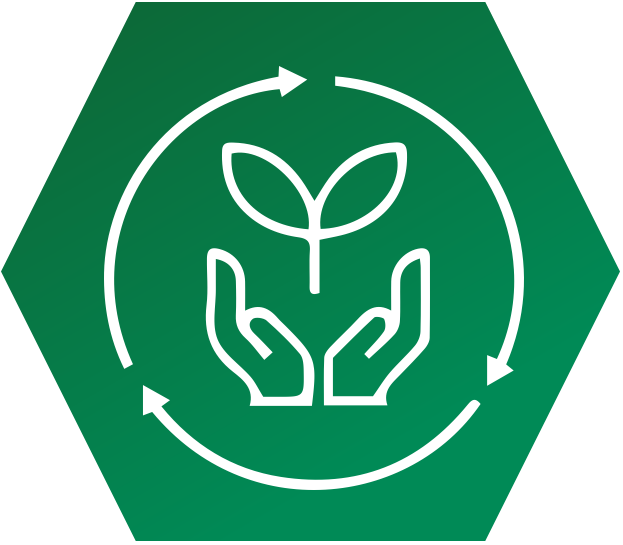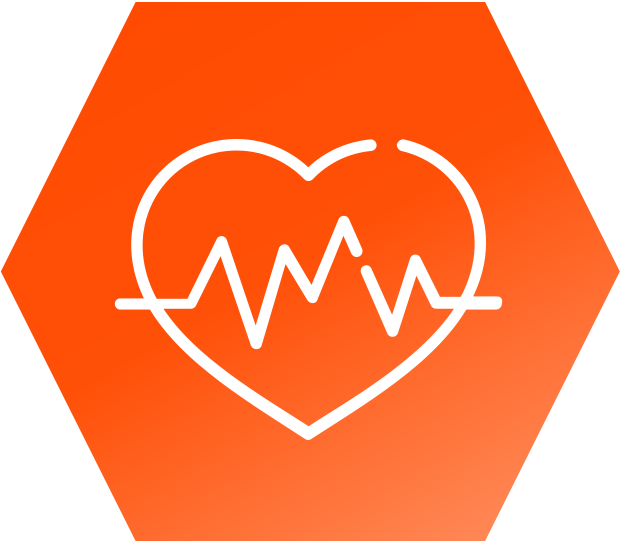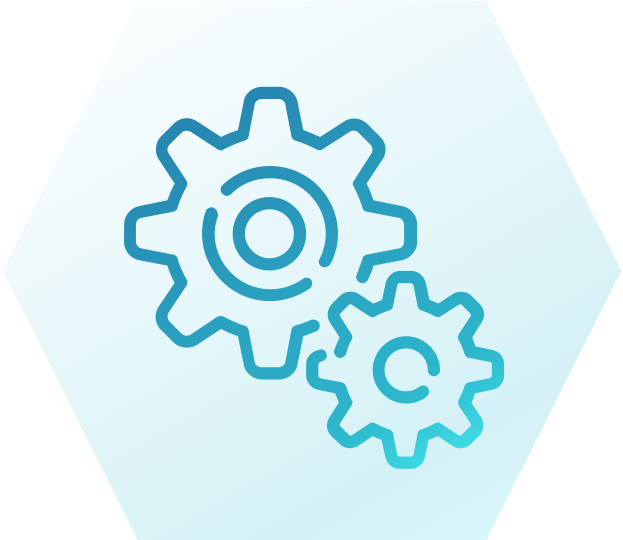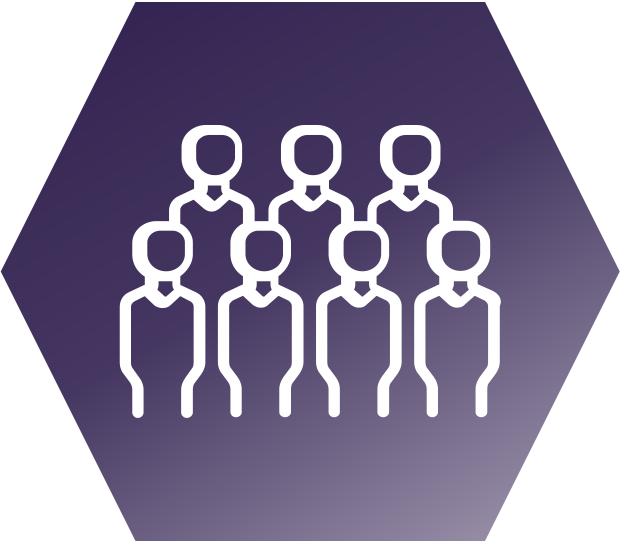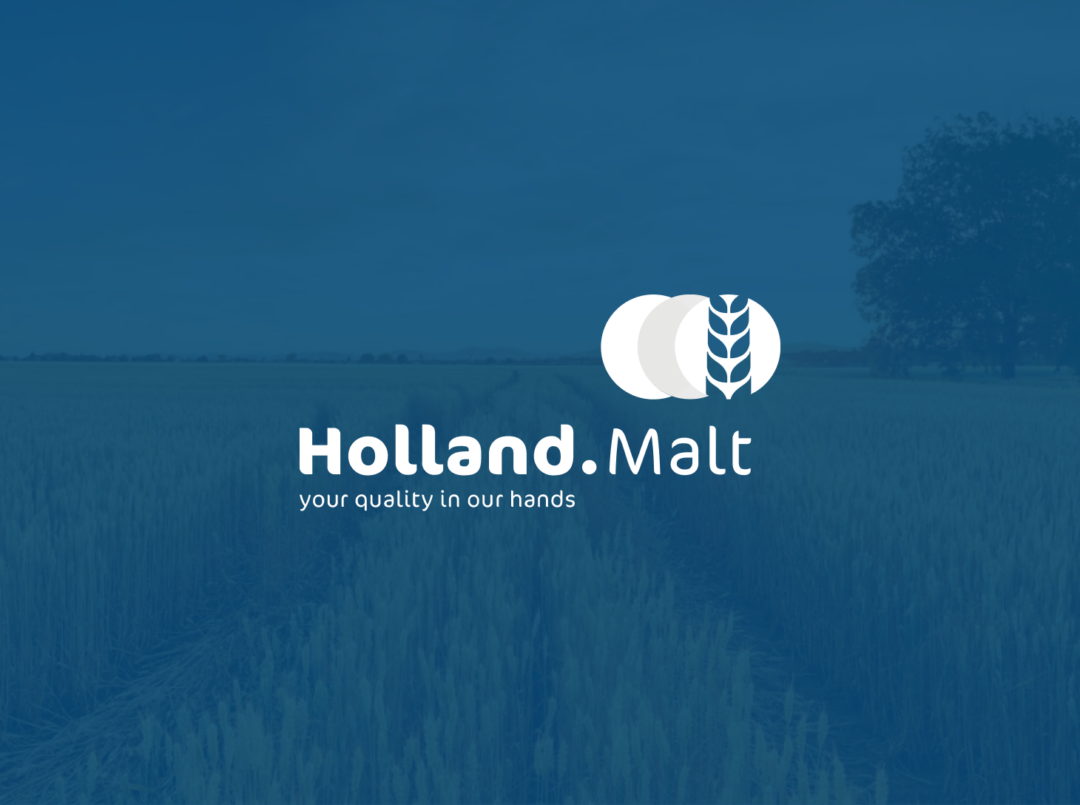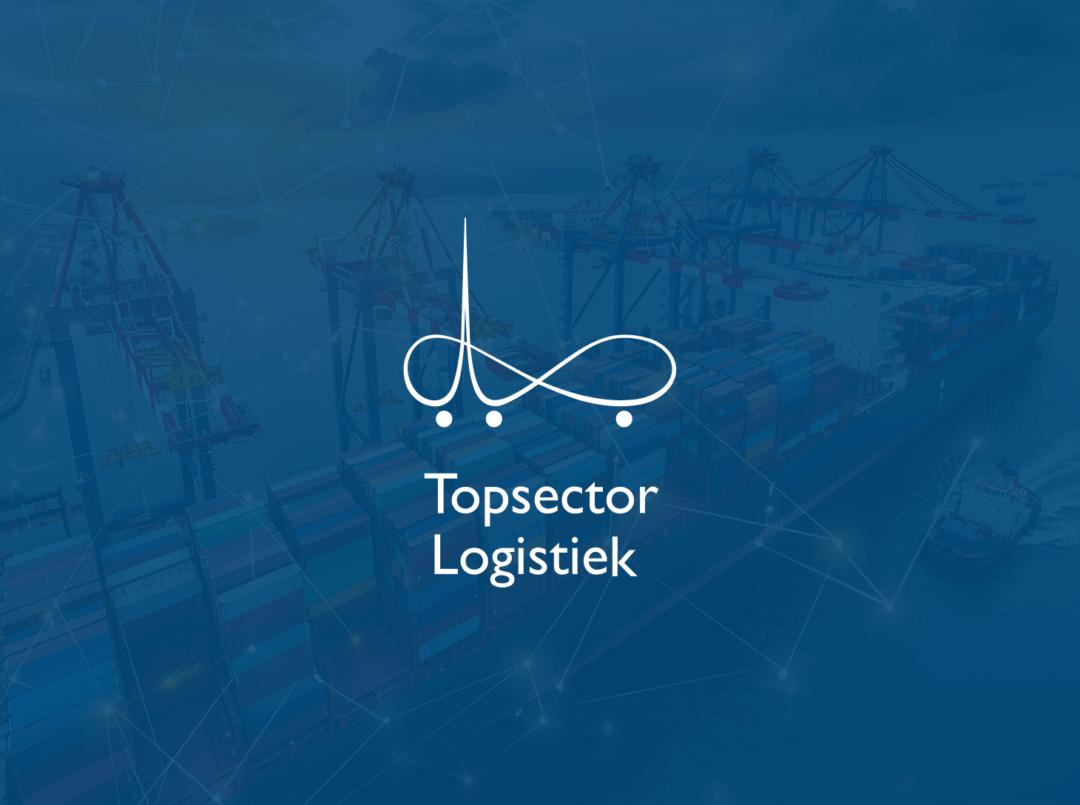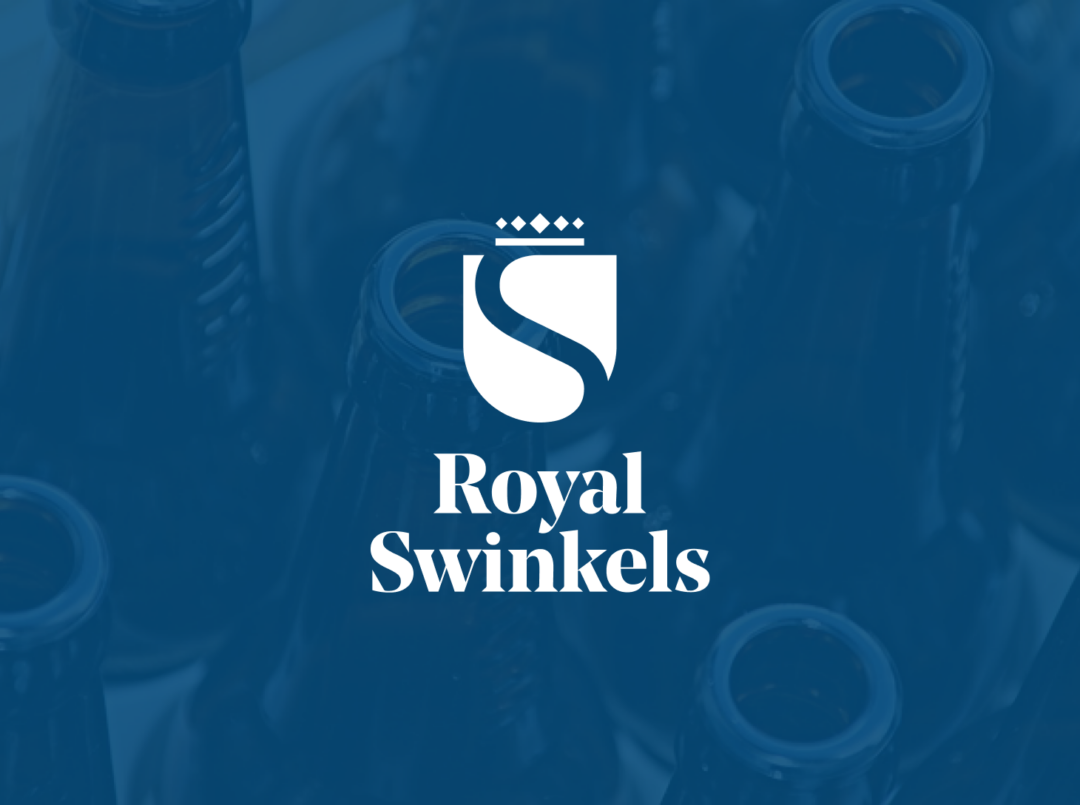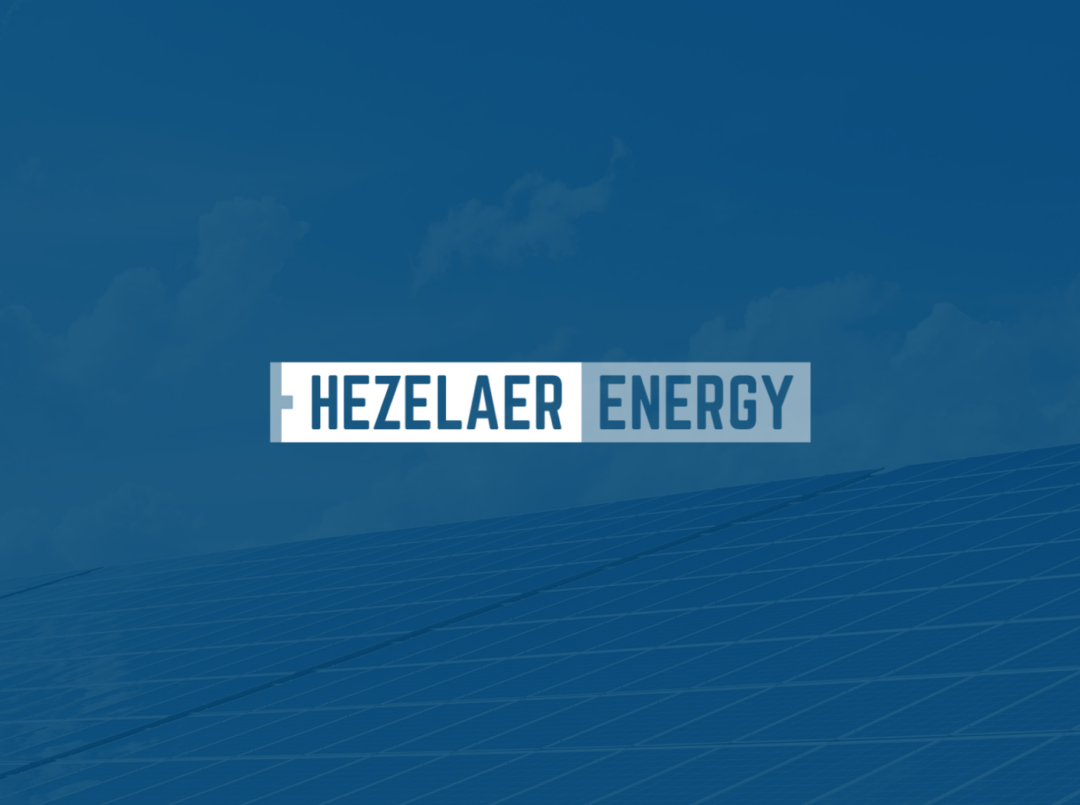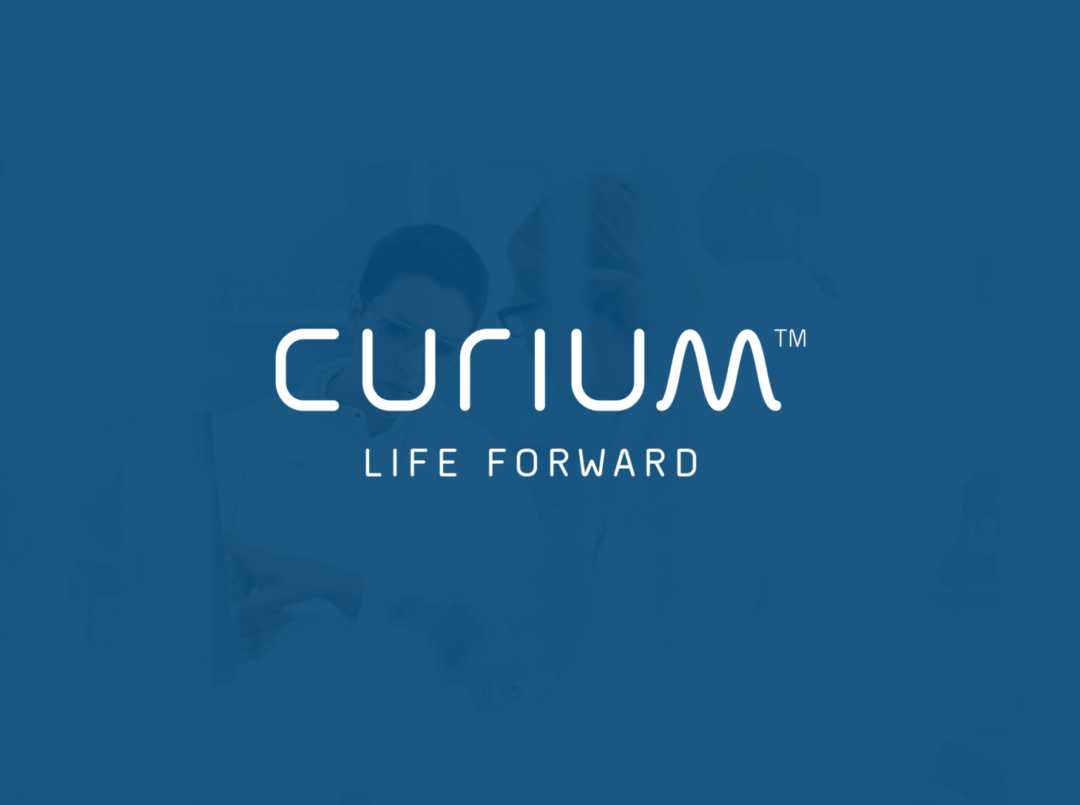Empowering social resilience in collaboration with Brainport voor Elkaar
Recently we joined forces with Brainport voor Elkaar to foster data innovation in the social domain. Brainport voor Elkaar strives to include everyone in the success of the Brainport region, also the less fortune ones. We joined their partner network, with which they aim to connect social organizations to companies to work together on challenges in the area.
To kick start this cooperation Brainport voor Elkaar connected us to Lumens, a social organization that fosters social resilience for those who cannot take this for granted. We are going to help them to identify and quantify their contribution to social resilience within society. Curious what this exactly entails? Read this blog.
Bright Cape Foundation: our commitment to global fairness and employee well-being
Bright Cape Foundation: our commitment to global fairness and employee well-being
At Bright Cape, we acknowledge that not everyone on this planet gets the same resources, opportunities, and attention as we do. That is why the Bright Cape foundation focusses on contributing to non-profit organizations (NGOs) that strive for global fairness. Unfortunately, there are still many inequalities in today’s society when it comes to meeting basic needs, accessibility of qualitative health care and information, assurance of personal freedoms, and equal rights and treatment.
Over the next years, each Bright Caper will make a monthly donation to the foundation, empowering us to improve the quality of life for those in need.
Each year, we will prioritize a key theme within the field of human sustainability, with 2024 dedicated to combatting poverty in the Netherlands. Our employees are in the lead; everyone can suggest a related good cause that is close to their heart. Additionally, we will encourage and support Bright Capers in their own efforts to raise funds for a good cause, such as the participation in charity runs.
Thanks to the Bright Cape foundation, we were able to financially support these organizations in their mission to support the once most in need:
